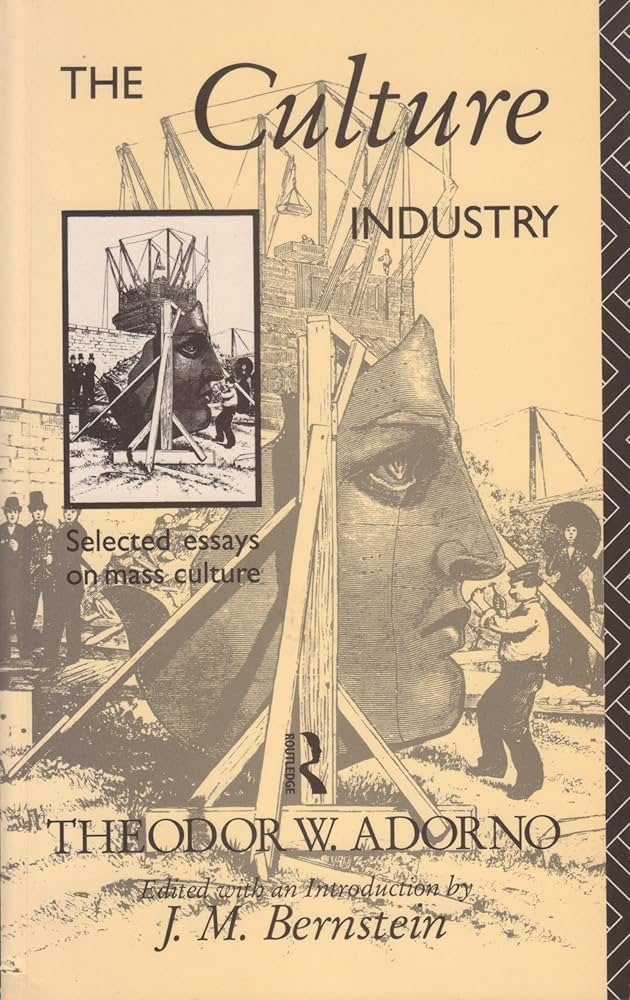When it comes to writing about the culture industry, there are two renown names relevant to it: Theodor Adorno and Max Horkheimer. In 1947, they wrote and published a book titled the Dialect of Enlightenment whereby they revealed their belief of popular culture and its purpose in society mainly relating to the consumption of cultural items and popular culture by society themselves. Their main point was that mass culture has a political implication and is part of a single culture industry which is intended to ensure the continued obedience of the masses to market interests.
These theorists understood that mass produced entertainment and culture was intended for a vast audience of people and fulfil their needs for intellectual and basic forms of art.
The philosophers argue that the culture industry robbed people of their critical thinking abilities and individuality because of the passive consumption of what art may be part of popular culture at the time. Some forms of mass culture and cultural industries include film, television, radio, books and media. These outlets exist with massive target audience with customers who are primary customers of the outlets to access for information. Typically film, television, radio, books and magazines are involved in the business of manipulating information for several reasons mainly to influence the people who engage in such indulgence.
For example, people listen to the radio and some news stories are broadcast in a specific format that may or may not be relevant to the listener but provides them with filtered information that they will receive and therefore influence their judgement on related matters. Another example is films sending specific messages to viewers like capitalism and promote other societal values or ideals. The philosophers referred to the American film industry in their book by comparing it with traditional forms of art and cultural consumption.
By: Abdikarim Abdi

